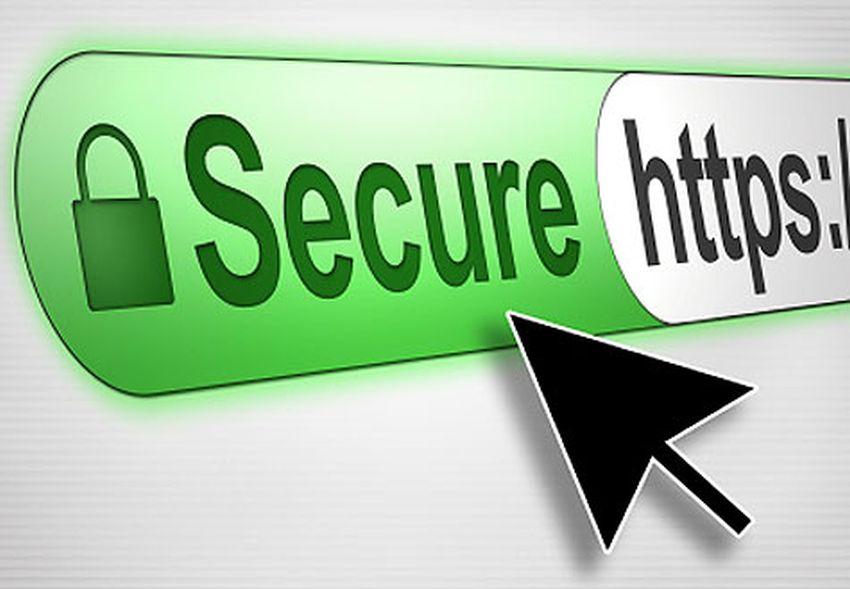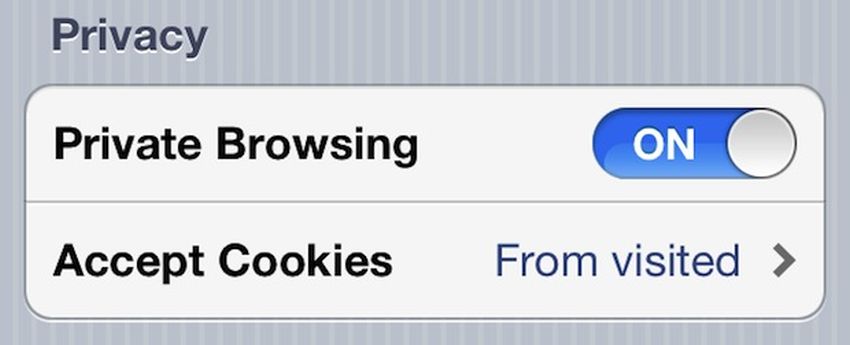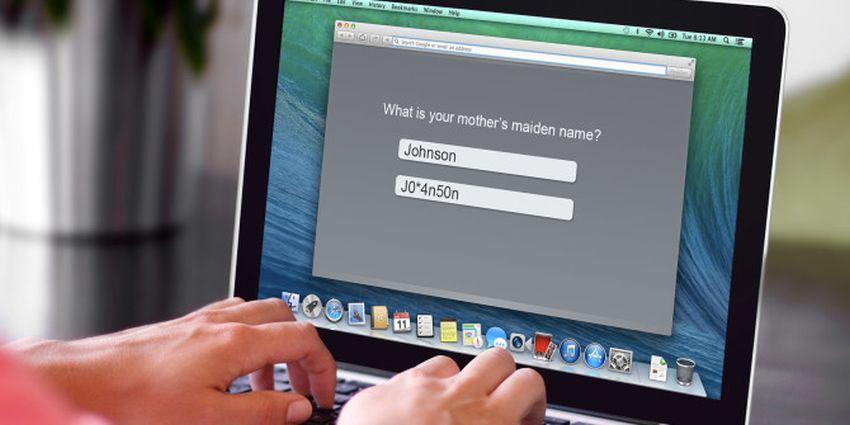It would seem that privacy, especially online privacy, is increasingly becoming rarer these days. Anything can happen to you while online, and some people have even reported having their identities stolen while browsing the internet.
Your personal information is very valuable for a lot of companies these days. Information such as your email address, phone number, address, and social security number hold a lot of value to companies and businesses and even bad people.

source:elie.net
It is precisely because of that reason that people have taken the necessary precautions of protecting their identities while online. In this article, we are going to tell you the 5 steps to successfully secure your online privacy so that companies and bad guys alike cannot gain them.
Page Contents
1. Never Completely Fill Out Your Social Media Profiles
All social media platforms have a section where you can fill out your basic and even more advanced private information. Stuff like your name, email address, date of birth, phone number, etc, is the type of information that a lot of people would pay for, including those social media platform giants. Your best bet in this situation is to refuse to cooperate, or in simple terms, don’t fill out anything of important value. Quite the opposite, make your social media accounts as barren as possible. Strip them from any valuable personal information and make it even harder for these companies and conglomerates to acquire your information.

source:fiverr.com
2. Turn on Private Browsing
As said by vpnranks.com, the best way you can hide your identity while browsing the internet is to turn on private browsing or go incognito. Each browser has this option and it enables you somewhat safe internet browsing. Another, even safer, an alternative to private using an incognito tab is to hide your identity and IP address with the use of a VPN. A VPN is a virtual private network that acts as a web proxy by routing your traffic through a series of servers all located in various destinations around the world.

source:osxdaily.com
3. Lie About Security Questions
Whenever we create an account on some website, chances are we get asked to choose a security question that acts as a failsafe if we are ever to forget our password and even our email login. You would more commonly recognize this by the simple, and quite iconic question phrases “What is your mother’s maiden name?”, “Where is the first school you ever went?”, “What is the name of your first dog?” While these act as a failsafe, you don’t necessarily have to answer with the truth. I always select the third option, “What is the name of your first dog?”, but I’ve never had a dog, ever.

source:makeuseof.com
Can you imagine how many people would be interested in your social security number? A lot! You should think twice before ever sharing your social security number with websites and companies unless it’s your bank, credit bureau, or the IRS. In fact, you shouldn’t share even the last 4 digits of your social security number, let alone the entire number. Your social security number is yours only and it is unique to you. If someone knows your last 4 digits, they can quite easily come to the rest of the number by knowing your birthplace, birth date, and gender.

source:fsucu.org
5. Install Security Updates for Your WiFi
A lot of cyber attacks can occur by simply someone infiltrating your WiFi connection. While there are no real ways to truly protect yourself from someone skilled enough, you can always install security updates whenever they become available. Use a VPN whenever browsing, and make sure to only visit HTTPS websites.

source:pcmag.com





